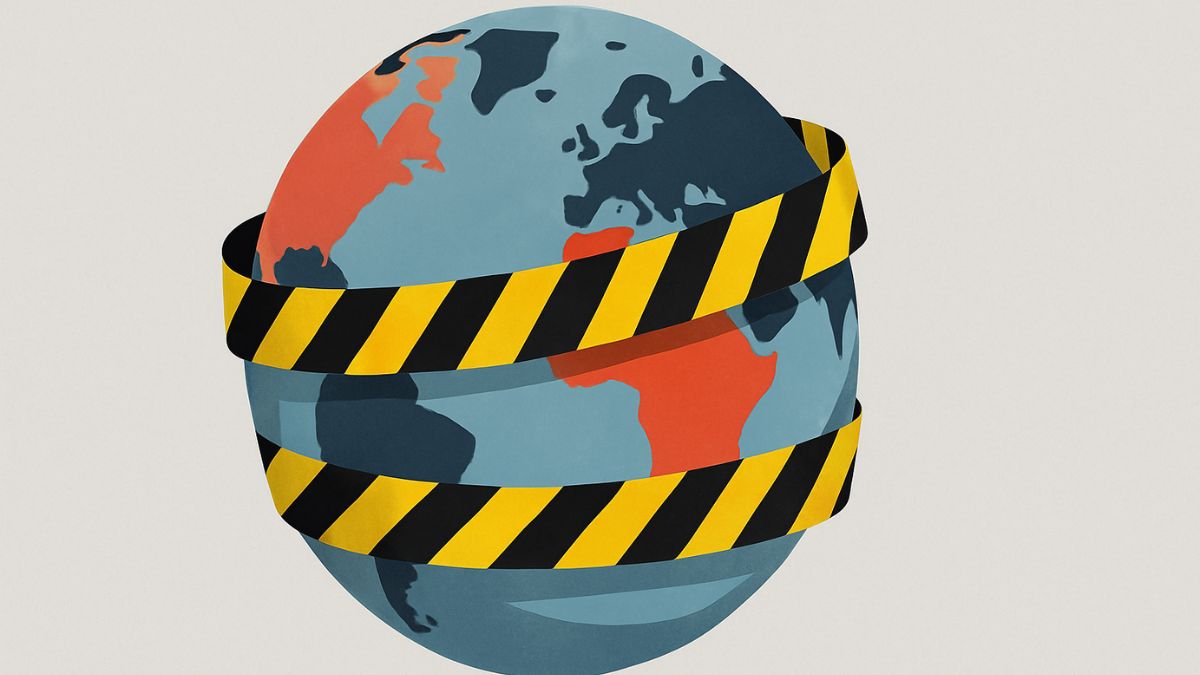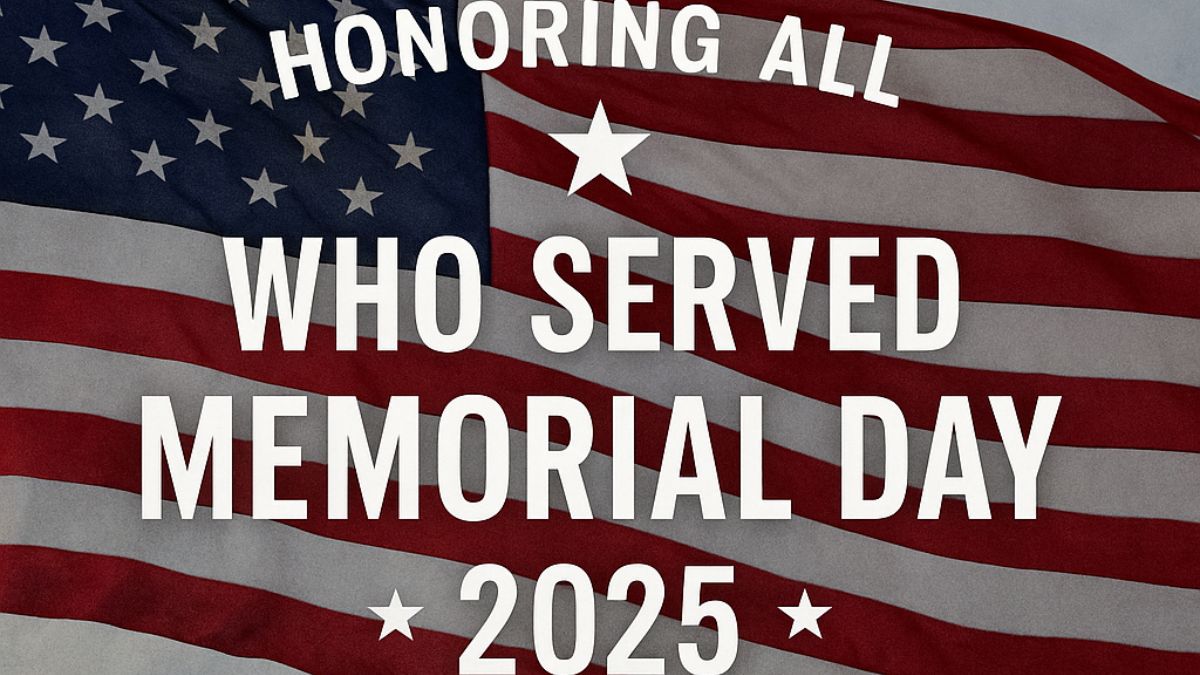New York: If you’ve got travel plans, family abroad, or are applying for a visa—stop and read this first. On June 5, 2025, former President Donald Trump, seeking a second term, reinstated a sweeping travel ban targeting 19 countries, citing national security risks and poor immigration compliance.
This isn’t just a headline. The implications are real: halted visas, blocked student entries, and families separated—especially from African, Middle Eastern, and Latin American nations. And while some call it necessary, others are calling it discriminatory déjà vu. Let’s break it down clearly so you know where you stand.
What Countries Are on Trump’s 2025 Travel Ban List?
The policy divides nations into two categories: completely banned and partially restricted.
Fully Banned (No Entry Allowed):
Citizens from these 12 countries are blocked from entering the U.S. on most visa types:
- Afghanistan
- Iran
- Libya
- Yemen
- Somalia
- Sudan
- Myanmar (Burma)
- Haiti
- Chad
- Republic of the Congo
- Equatorial Guinea
- Eritrea
👉 Applies to both immigrant and non-immigrant visas (tourist, student, work, etc.)
Partially Banned (Visa Restrictions Apply):
These 7 countries face limited bans—some visas are paused, others still allowed:
- Venezuela
- Cuba
- Laos
- Togo
- Sierra Leone
- Turkmenistan
- Burundi
👉 In most cases, student (F/M/J), work (H1B), and tourist visas are affected. Refugees and green card holders may still apply with extra scrutiny.
What Are the Reasons for the Ban?
According to the official White House proclamation, the decision stems from:
- Inadequate ID verification systems in banned countries
- Poor cooperation on deportations
- High rates of visa overstays
- Alleged links to terrorist groups or national security threats
But civil rights groups argue the bans are sweeping, outdated, and unfairly impact Muslim-majority and African countries—a flashback to Trump’s 2017 “Muslim Ban.”
Who Is Affected—and Who Isn’t?
The ban does not apply to:
✅ U.S. green card holders from these countries
✅ Dual citizens using a passport from an unrestricted country
✅ Diplomats, athletes, and high-level government officials
✅ People with Special Immigrant Visas (SIVs)
✅ Certain adoption/family-based visas under review
However, new visa applications from the affected countries will be automatically denied unless they meet specific national interest criteria.
What About Work and Student Visas?
If you’re from an affected country:
- Student visas (F, M, J) may be suspended or denied
- H-1B work visas and other employment-based visas may face new restrictions
- Even if you’ve been approved, traveling outside the U.S. could be risky—you may be barred from re-entry
Students already studying in the U.S. should consult their immigration attorney or university advisor immediately before international travel.
Legal Battles and Political Reactions
- The ACLU and immigrant rights groups have called the new ban “a humanitarian and legal disaster in the making.”
- Advocates say it will disproportionately impact refugees and families seeking reunification.
- Some conservative lawmakers support it, calling it “a return to strong borders.”
- Legal experts predict immediate court challenges, especially regarding religious discrimination, family separation, and human rights violations.
What Should You Do If You’re Affected?
✅ Check your visa status immediately if you’re from one of the 19 countries
✅ Avoid international travel if you’re in the U.S. under a non-immigrant visa
✅ Seek legal help for family reunification, pending visa applications, or refugee processing
✅ Follow updates on the U.S. State Department website or your embassy
Whether you see this as protection or prejudice, Trump’s 2025 travel ban has stirred a new wave of uncertainty in global mobility. For thousands, it’s not just a policy—it’s personal. And in this heated election season, immigration has once again become a battlefield.
Stay informed, stay aware—and if you’re impacted, know that you’re not alone. Legal resources and advocacy groups are already mobilising.







